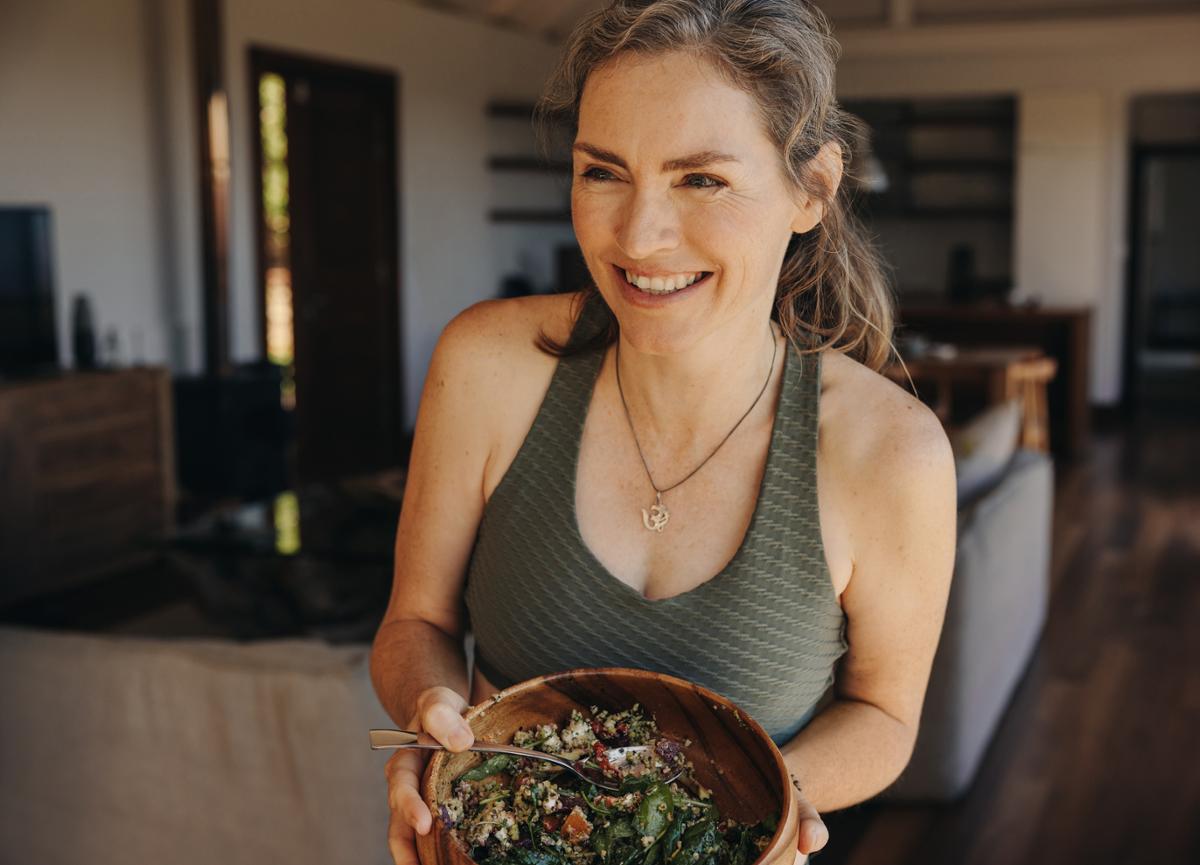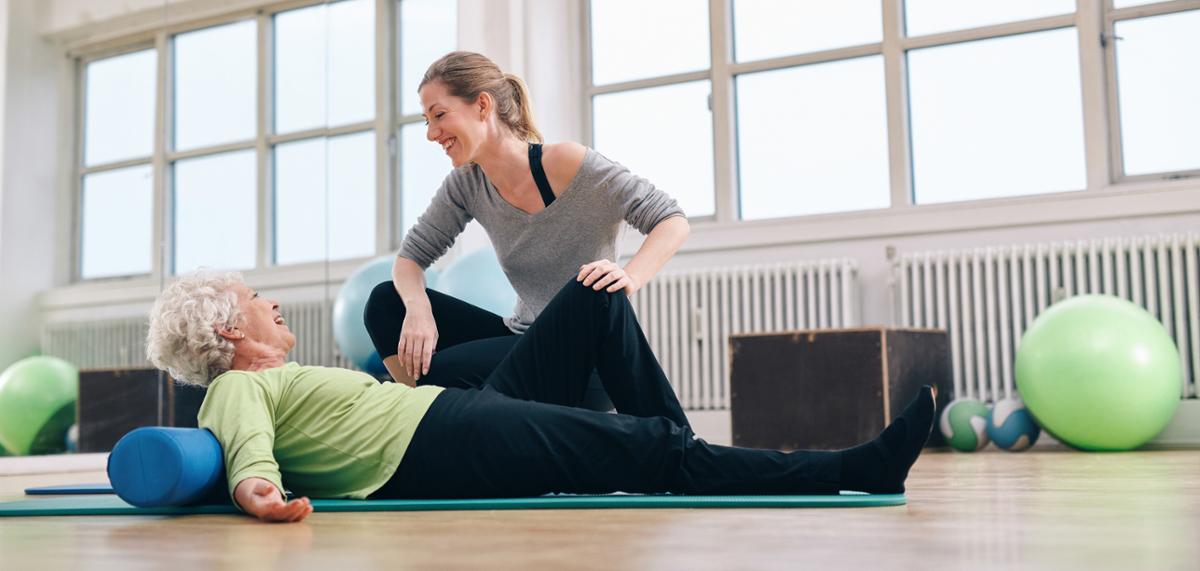Self-care has became a priority since the start of the pandemic, as people recognise the importance of taking care of both their body and mind.
Those used to an active commute have had to find other ways to bring movement into their lives and many who now work from home find themselves needing to set boundaries to define their working day and home life.
An element of self-care that’s currently an area of interest to researchers is self-compassion. This incorporates self-kindness, mindfulness and an awareness of one’s connection to a common humanity – or the awareness that difficulties are a universal human experience.
While having positive levels of self-compassion has been associated with positive psychological outcomes in the past, recent research, such as Self-compassion and sub-clinical cardiovascular disease among mid-life women, has made the somewhat surprising link between self-compassion and physical health, suggesting there are potential health-related benefits of this important psychological approach that make it relevant to businesses and professionals in the health club industry.
This research study sample included 191 women with an average age of 59. The researchers looked at self-compassion scores and carotid artery thickness, since thicker artery walls indicate a higher risk for cardiovascular disease (CVD).
Researchers found higher self-compassion scores were associated with a lower risk of CVD and this held true even after adjusting for other CVD risk factors, including depressive symptoms, age, ethnicity and education.
It is important to note that this relationship was correlational and not causal, meaning that while there was an association found between those two variables – self-compassion and CVD risk – a change in one does not necessarily directly cause a change in the other, as there are countless other variables at play, such as lifestyle and genetics.
Encouraging change
The first thing to understand is that it shouldn’t require something as dramatic as a pandemic to begin to practice self-compassion. Incorporating this approach into daily life can improve mental health by enhancing mood and lowering stress levels. As this research demonstrates, it can also yield important benefits to physical health.
While living a healthy, active life is critical when it comes to overall wellness, forgiving occasional mistakes and lapses along the way is also important. Feeling guilty after missing a workout will only compound negative emotions. Instead, people should be encouraged to show self-compassion: let go of the guilt and allow themselves to enjoy the recovery time.
Two other ways to be compassionate involve having a growth mindset and living with a sense of gratitude. A growth mindset means people view challenges as opportunities rather than as obstacles –they offer a chance to improve and grow as a person. Feeling grateful rather than focusing on what’s lacking enables a calming inner voice focused on joy and positivity.
Finally, it’s important to advise people to be mindful in all things. This may take the form of a meditation or structured prayer practice, but it can also mean incorporating an inward focus during physical activity in a way that makes you appreciate what your body can accomplish.
So when people decide to have a ‘treat’, they need to be advised to take the time to savour it and appreciate that they’re enjoying themselves. This may help them overcome any feelings of guilt or regret they might otherwise experience.
What it all comes down to is people treating themselves as they would their own child or best friend. Would they berate their child or call their friend fat or lazy for not being perfect? Of course not. So, encourage them not to talk to themselves that way, either.
Encourage them to understand that living a healthy lifestyle is a journey and that being perfect is an unreasonable expectation. So, they need to do their best and learn to be more compassionate toward themselves –doing so will only enhance the benefits of their healthy lifestyle choices.
Abandon perfection
To help your employees and members develop self-compassion, try to cultivate an environment which empowers people to do their best, rather than encouraging the pursuit of perfection.
This can show up in the way employees talk to members when they miss a few sessions or perform the beginner version of a movement during a group fitness class. Interactions should be more about understanding where that person is in their health and fitness journey than about pushing them to do more.
Self-compassion can also show up in the way health club managers interact with employees during quarterly reviews or on a day-to-day basis. Learning more about someone – and encouraging them to take care of themselves, practice self-care and do their best – will go a long way toward building meaningful relationships that support both physical and mental health, resulting in better performance and greater productivity for the individual and the organisation.
Dr Cedric X Bryant is president and chief science officer at ACE Fitness

























































